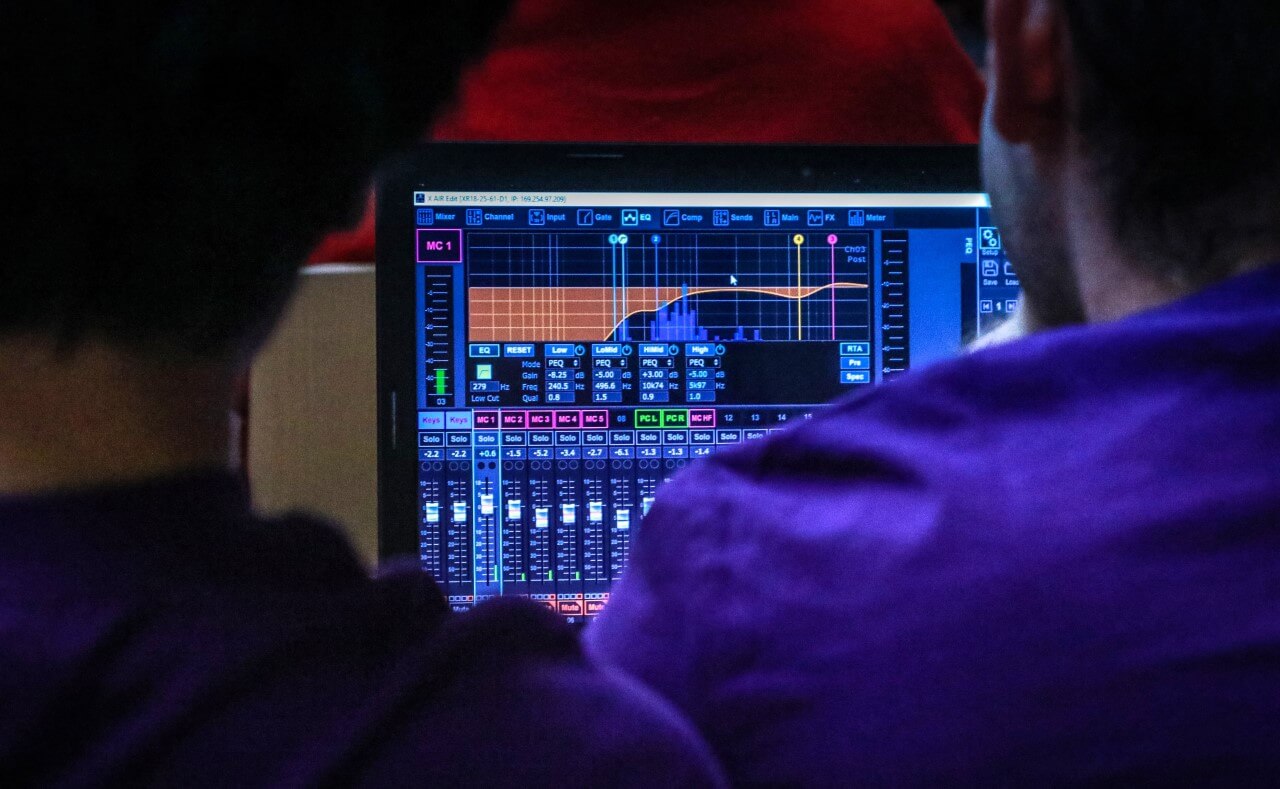
We've made it to the end of the mastering phase for your podcast, sermon or voice recording for video - the process of finalizing audio before it's released to your listeners.
We already learned how to use EQ to correct an...

So, you've worked through the recording process and editing of your voice recording.
Maybe it's sermon audio from the past week or your podcast.
It's starting to sound really good after you've cleaned things up in the edi...

[ Hear audio example in blue box ]
We've made it to the end of the editing phase learning to use EQ to remove resonances and soothe sibilance.
Now, we'll learn how to get your podcast recording's sound one step closer to ...
 By: Jeremy Enns | Unsplash
By: Jeremy Enns | Unsplash
Sibilance, those harsh, ear-splitting "S" and "T" sounds in words, is almost always a problem in spoken word recordings.
It creates a huge barrier to professional sounding dialogue audio if our li...

Learn how to get your voice recording sounding clear and beautiful (just how you hear it sounding in your head)!
Specifically, we're covering the many ways you can use an EQ to sculpt and improve the sound of your dialogue...

So you have your voice recording, maybe for a podcast, that's been nicely sculpted with EQ after recording it.
In addition, you even used a reference recording as your guide for the EQing - you're doing great!
Now we enter...

To capture your voice recording, you already made sure to follow all the tips and tricks to get the clearest dialogue audio possible. Great job!
Now, after the recording process, how do you bring the quality up even higher u...

You've worked hard with your microphone placement and recording levels to capture a great sounding spoken word recording.
However, you find that it just doesn't sound as clear and crisp as you'd like it to, especially compar...

So, you've worked hard to capture your voice recording for a podcast or your pastor's sermon or your audio for video.
But, it just doesn't sound as clear or have the impact of other voice recordings you listen to and enjoy.....



